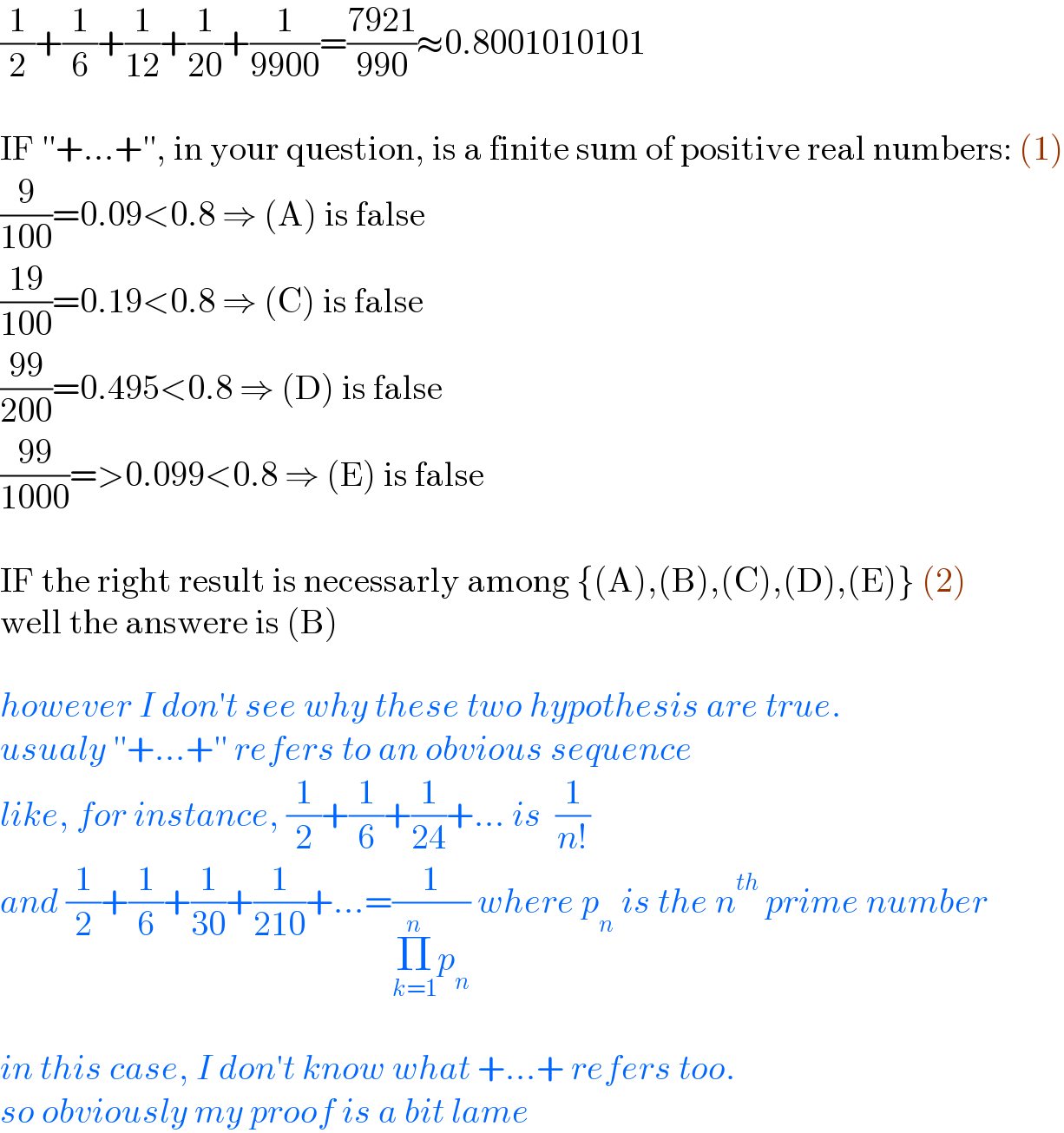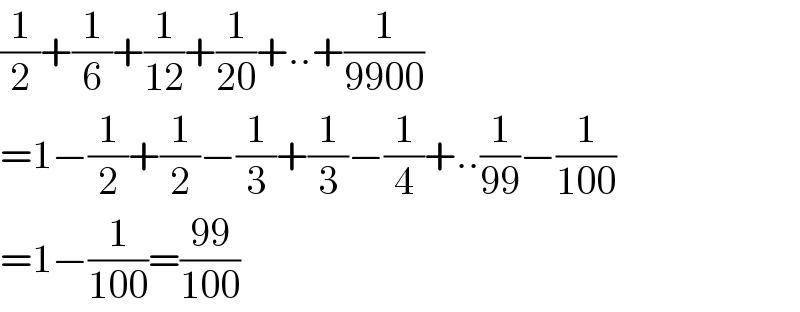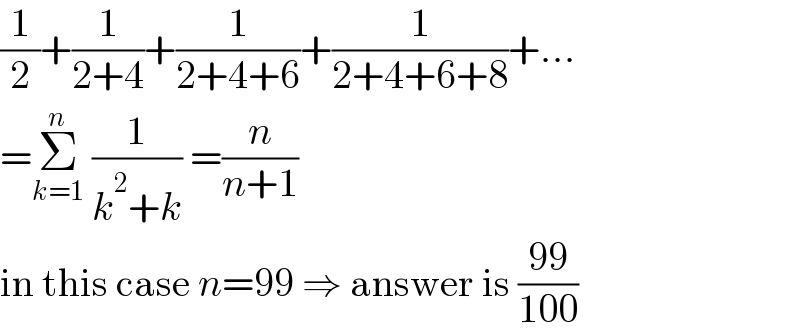
Question and Answers Forum
Question Number 143769 by bemath last updated on 18/Jun/21

Answered by TheHoneyCat last updated on 18/Jun/21

Answered by Dwaipayan Shikari last updated on 18/Jun/21

Commented by Dwaipayan Shikari last updated on 18/Jun/21

Answered by MJS_new last updated on 18/Jun/21

